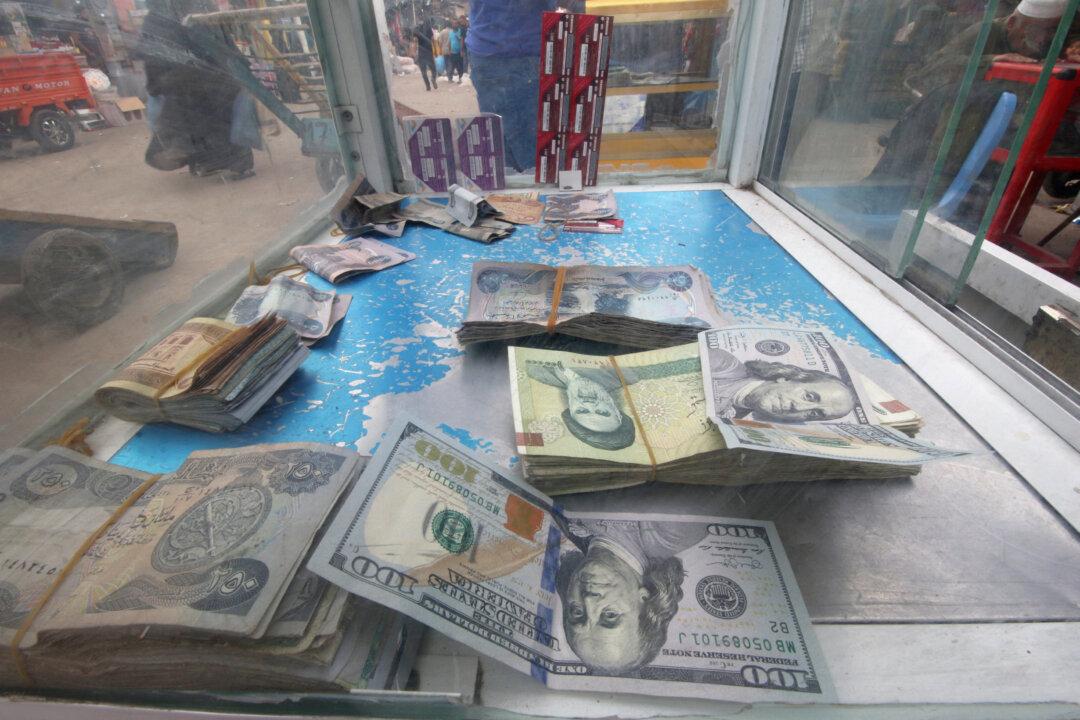SINGAPORE/LONDON—The dollar index was set for its first weekly fall this year, hurt by lower U.S. bond yields on the back of banking sector jitters, as traders awaited U.S. jobs data due later on Friday for clues on when the Federal Reserve could begin easing rates.
The euro was last up 0.2 percent at $1.0885, building on Thursday’s 0.49 percent gain, and the pound was up 0.15 percent at $1.2761, having jumped 0.43 percent the previous day.





